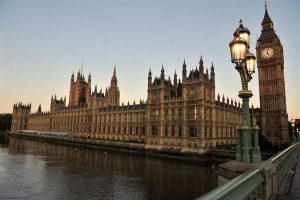By Dr Vitali Gretschko, Head of the Market Design Research Group (ZEW Mannheim) and
Dr Albert Sanchez-Graells, Senior Lecturer in Law (University of Bristol Law School).*
 The airport Berlin-Brandenburg, Stuttgart 21, and the Elbphilharmonie have one thing in common. Irregularities in the procurement process and delays in execution led to immense cost explosions to be covered by taxpayers. Thus, given the risks of corruption, favouritism and misuse of public funds, the award and management of public contracts requires a high level of scrutiny to avoid mismanagement and waste.
The airport Berlin-Brandenburg, Stuttgart 21, and the Elbphilharmonie have one thing in common. Irregularities in the procurement process and delays in execution led to immense cost explosions to be covered by taxpayers. Thus, given the risks of corruption, favouritism and misuse of public funds, the award and management of public contracts requires a high level of scrutiny to avoid mismanagement and waste.
Moreover, even when things go well, improvements in public procurement law can have significant effects. Today, over 250 000 public authorities in the EU spend around 14 per cent of the GDP on the purchase of services, works, and supplies. Even small relative efficiency gains through carefully crafted rules can therefore result in savings in the billions. Therefore, the design of procurement rules need to reach a balance between safeguarding economic efficiency through competition and ensuring the proper level of transparency and accountability. (more…)









